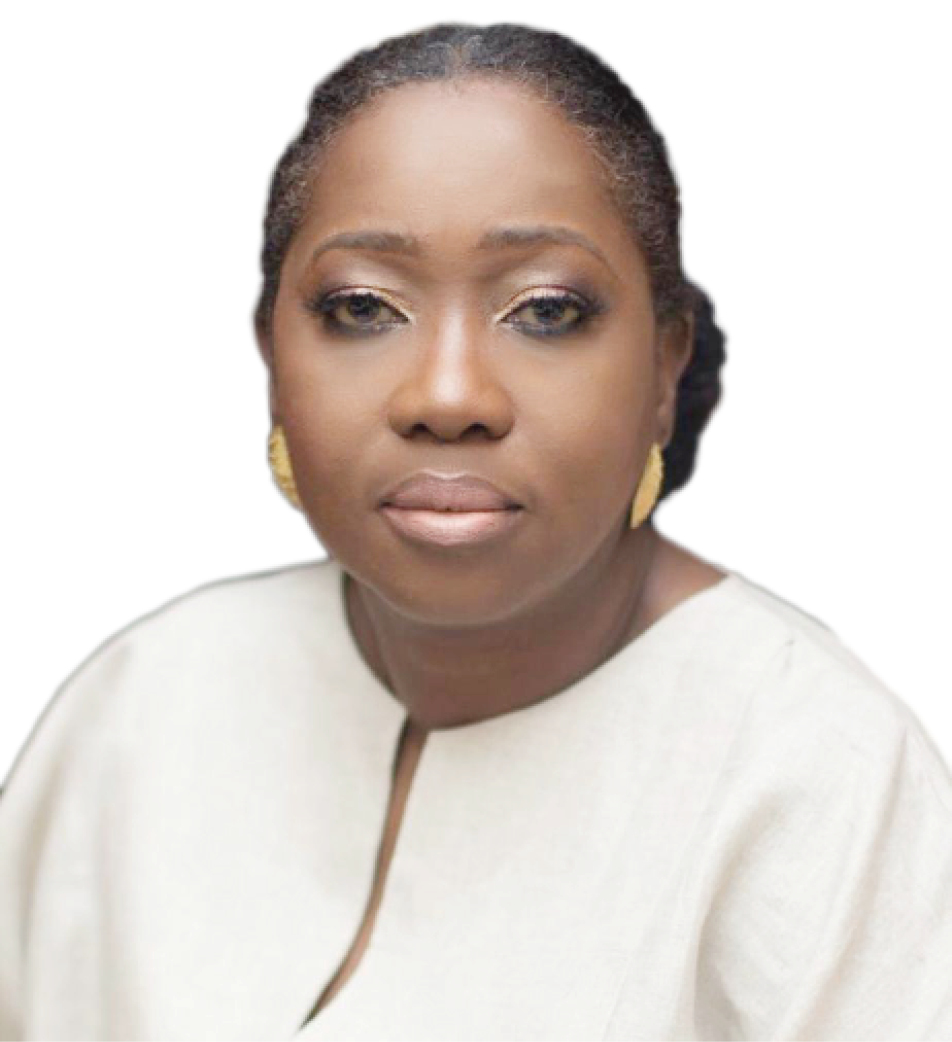Why Quramo prize has transparent judging process – Gbemi Shasore
Mrs. Gbemi Shasore, Executive Publisher at Quramo, is also convener of the annual Quramo Writers Prize. She spoke to Bookshelf about the prize, now in its third year, and slated to be handed out tomorrow, Sunday December 15, 2019. Excerpts: Bookshelf: The QWP, as it is affectionately called now in literary circles, has remained true […]

Mrs. Gbemi Shasore, Executive Publisher at Quramo,
Mrs. Gbemi Shasore, Executive Publisher at Quramo, is also convener of the annual Quramo Writers Prize. She spoke to Bookshelf about the prize, now in its third year, and slated to be handed out tomorrow, Sunday December 15, 2019. Excerpts:
Bookshelf: The QWP, as it is affectionately called now in literary circles, has remained true to its vision as an avenue for discovering unpublished authors. Will this change in the future?
Gbemi Shasore: I think that is a unique aspect of this prize, and while I don’t see this necessarily changing in the future, I definitely think that the standard and quality of writing of the unpublished works we receive will grow so much that it wouldn’t matter that they are ‘unknown’. This is one of the other goal of the prize itself.
Bookshelf: The QWP prize is worth one million naira, with the possibility of a publishing contract. Isn’t a million naira a lot of money for a budding, unknown author?
Shasore: The prize money serves as a form of writers’ advance which, again, is not common practice in the Nigerian publishing industry, because the book market is so unpredictable and there is an inherent risk in publishing a book, as it might not sell well. We give this advance also as a retainer, because making a good book takes time, up to a year. So, in that regard, the writer is compensated for their time as they work on the book and do other things.
Bookshelf: Tomorrow, Sunday December 15, the 3rd Quramo Writers Prize will be handed out. How does it feel to have come this far?
Shasore: I feel very proud of what we have accomplished, and the spotlight that we have put on literature, literacy and the arts culture in Nigeria. It is a big task, and one that would have been difficult to do alone. Over the years, we have made some rewarding connections and collaborations with many creatives in the industry and I know that this award will go even further in cementing its place in our popular – and literary – culture.
Bookshelf: We’ve seen many prizes take off and then fizzle out. What are the plans to sustain this one into the future?
Shasore: It is impossible to predict the future, but I will say that we are very committed to this platform. It is not something we are just dabbling in, but a strong pillar of our company’s vision. We hope to continue to succeed by strengthening our networks and partnerships and being as innovative as the environment might require.
Bookshelf: Your judges for this year are the writers Molara Wood, Toni Kan, and A. Igoni Barrett. How independent are they, and does Quramo Publishing have a say in the final choice?
Shasore: We believe in a transparent judging process, so our judges are independent. However, we oversee the process to ensure that our vision for the prize and the winner, is ultimately met.
Bookshelf: Samuel Monye’s book was launched at the 2018 event. Is another launch set for this year?
Shasore: We have a series of book readings, talks, and panel discussions planned that will improve on the previous year’s format.
Bookshelf: This year’s unveiling has been expanded into a 3-day Quramo Festival of Words, also tagged ‘Qfest’. Could you please run us through the line-up?
Shasore: There will be book readings with amazing authors, masterclasses with some of our most brilliant minds, conversations with notable personalities, panel discussions around publishing, and documentaries as edutainment, an open mic night, film screenings, the unveiling of the Quramo Writers’ Prize, books at our QBook Café, and a collaboration with an IDP camp where we get to put some faces to the people who have had harrowing experiences and are now recovering from the insurgency in the North-East.
Bookshelf: From publishing to documentaries, and now a 3-day full-fledged festival, what other surprises should we expect?
Shasore: We are always innovating and creating and trying to come up with new things, so yes, expect a lot.
Bookshelf: Last year’s ceremony was a celebration of the arts with books, music, and drama. What do we expect this year?
Shasore: Very much the same. We’ve created an exciting and concise award ceremony, and we are happy with the way it will work out. But we always try to come up with a few surprises.
Bookshelf: You are also a writer and playwright. Where do all these come from, and how do you find the time?
Shasore: As a little girl, I loved to partake in theatre and dance productions. When I went to school in America, I auditioned for, and took part in a stage production of Ola Rotimi’s ‘The Gods Are Not To Blame’. I have always loved being involved in acting, and stage productions, and I think I have found my calling.
I have written two books, ‘In Her Own Right’, about Abimbola Fashola’s time as first lady, and an upcoming one for young adults, about the history of Nigerian money. I also produced three stage plays over the years, as well as a documentary. Because I am passionate about this, and it is my calling, I make the time.
